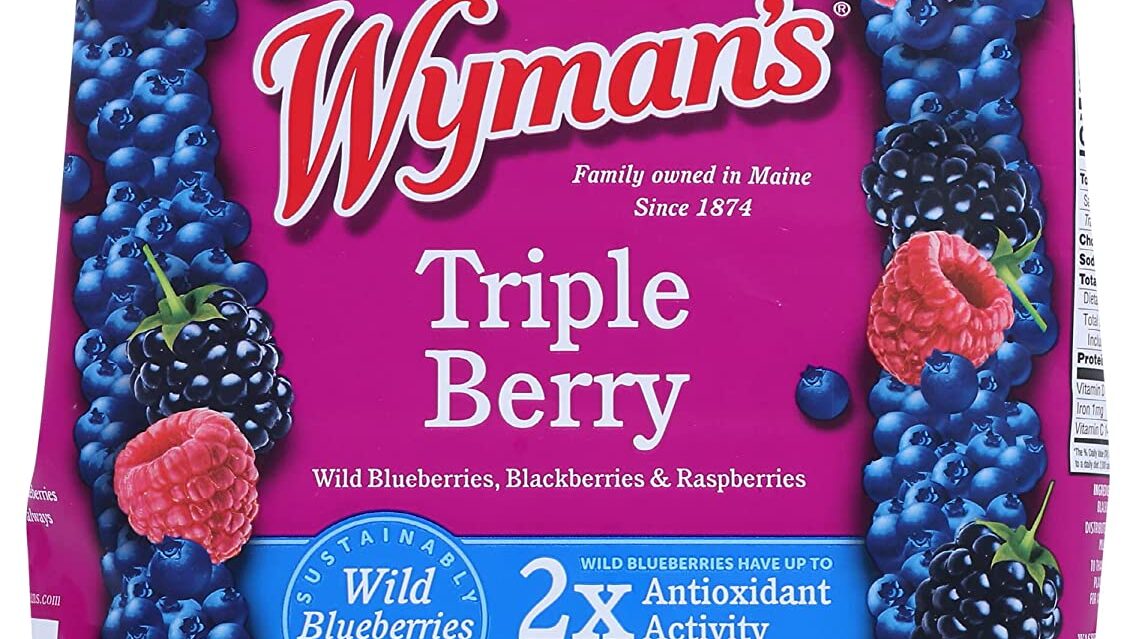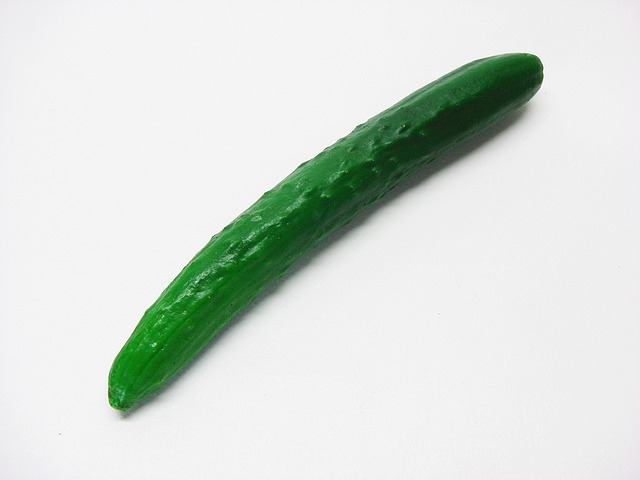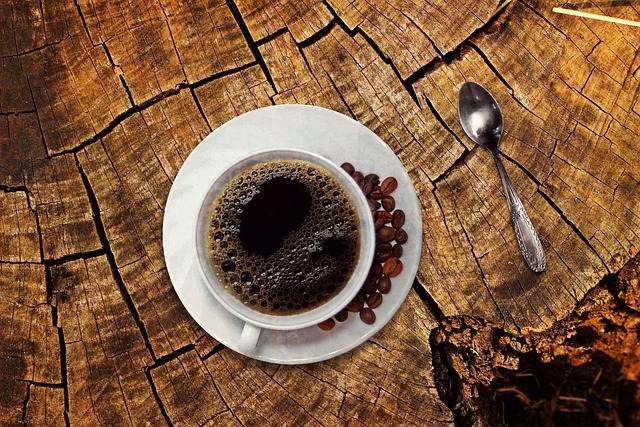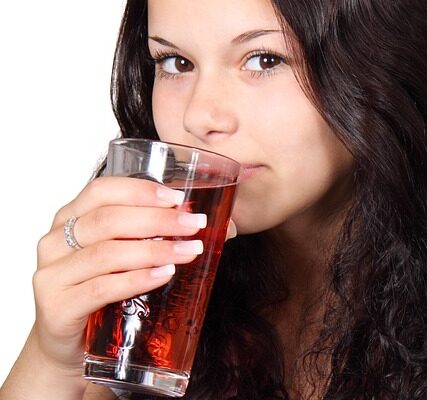We have 4 more Water Flavorings on our list. Check it out!
Click Here to Read Part 1 on Water Flavorings
This post contains referral links for products we love. Staying Fit With Aeran earns a small commission on these links at no cost to you, and the links will always be marked with an asterisk *.
The Greatest Fruit Infusion Wyman’s Mixed Berries Frozen
Pros
- There are no added sugars.
- Fiber is present.
Cons
- Daily preparations will be required.
- Berries must be kept in the freezer.

If you prefer to eat largely whole, fresh foods, you may want to make your own water flavorings. Making your own water flavoring reduces sugars, preservatives, and other additives, and you may even get some fiber in your glass. Have a bag of Wyman’s Frozen Mixed Berries in your freezer so you may spice up your water whenever the whim strikes. Blueberries, strawberries, blackberries, and raspberries make up this combination.
Simply add 1-2 cups of frozen fruit to a pitcher of water and leave it covered in the fridge overnight to make this infused water. The next day, crush the fruit with a wooden spoon to help the berries release more juice and taste. You may take it a step further by adding a fresh herb before serving, such as mint. This handmade fruit-infused water will only last a few hours or one night in the refrigerator at most.
At the time of publication, the price was $9.99 at Wholefood.
The Most Delicious One of Vegetable Infusion Water flavorings
Seedless English Cucumber from Whole Foods
Pros
- The flavor is subtle.
- Simple to prepare
- Affordable
- There are no additional sweeteners.
Cons
- Daily preparations will be required.
Have you ever seen a giant water pitcher with cucumber slices floating in it at a spa? This water and fresh vegetable infusion, affectionately known as “spa water” by some, has become a classic. Cucumbers may not appear to give much more than crunch and water, but they are high in vitamins K and C, as well as phytochemicals. Their delicate flavor complements additional things you may wish to use in your cucumber water, such as lemon slices, slices of lime, basil leaves, or jalapeno slices for some heat.

This infused water is quite simple to make. Just cut a cucumber into quarter-inch thick rounds and place them in a pitcher of water. Feel free to experiment with any of the herbs or mix-ins indicated above. Mix and place in the refrigerator until ready to drink. Because the cucumber is fresh and will begin to break down easily, this infusion must be made fresh every day.
At the time of publication, the price was $3.
How We Choose Water Flavorings
We evaluated several areas of the flavoring beverage market while picking the top water flavorings, including ones with no added sugar, those containing herbal ingredients, and those claiming to provide additional health advantages. We understand that many individuals struggle to consume enough water, so we chose flavorings that are simple to use and have enticing flavor selections.
What to look for in flavoring water
Form
Water flavorings are typically available in powdered, tablet, or liquid form, as well as fresh or frozen fruits, vegetables, or herbs. It is entirely up to you which method you employ. If you want to flavor your water on the move, you might want to look into single-serving options, which are typically accessible as powders and occasionally as drops.
There is also the option of pre-bottled or canned water for ultimate convenience, albeit these may be heavier and may not contain enough liquid to keep you hydrated throughout the day. Fruit-flavored water is best prepared at home, but it can be transported in a water bottle.
Electrolytes
Electrolytes, in addition to adequate water intake, aid in the maintenance of proper fluid balance in the body. Most healthy people may maintain their hydration by eating a healthy diet and drinking a good amount of water.
Increased water intake and electrolyte supplements, on the other hand, maybe advantageous during periods of excess loss. High-endurance athletes, for example, who exercise hard for more than 60 minutes may benefit from electrolytes and extra water to replace what is lost via sweat. Sodium, in particular, can increase fluid retention, assisting you in staying hydrated.
Unfortunately, the normal American diet is poor in minerals that are crucial for hydration status. When you have a low mineral intake or your minerals are depleted (for example, burnout, taking certain drugs, overexercising), adding electrolytes to your water can help. However, this may apply to everyone, so talk to your doctor about your specific mineral requirements.
Caffeine Levels
Caffeine consumption has been found to have just a small, short-term diuretic effect, despite widespread worry that it has a powerful diuretic effect. The addition of caffeine to flavored water is more about whether you want a little extra energy boost and how caffeine makes you feel.

Flavorings and sweeteners.
If you are used to soda or juice, which tastes much sweeter, it may be difficult to drink enough water. But, several of our options deliver a lot of flavors while avoiding Sugar, so switching to water may not be as challenging. We recommend relying on the natural sugars of fresh fruit, such as those found in the fruit-infused waters described above, or storing up on True Citrus, which is free of both natural and artificial sugars. Non-nutritive sweeteners such as monk fruit, stevia, and sugar alcohol are also options, although not everyone tolerates them well.
Is flavored water healthy?
Because not all flavored waters are created equal, some may be good selections for some people but not for others. Flavored waters with added sugars, for example, may not be suitable for someone with diabetes. Some fluids with extra electrolytes and vitamins may be good for athletes or those who are nutrient-depleted, such as women who have recently given birth.
Does flavored water keep you hydrated?
Almost certainly! Because the base of flavored water is still water, the science of hydration works the same whether you drink plain tap water or start drinking water with additional flavor. There isn’t a lot of study on whether flavorings like fresh juice, fruit, or non-caloric flavoring packets hydrate you better or worse than plain water. Drinking flavored water with added electrolytes and carbohydrates, such as sodium and potassium, may enhance hydration in specific groups of people, such as endurance athletes or persons who sweat a lot.
If you have diabetes, is water flavorings safe?
A crucial element of diabetic control is staying hydrated. Water is particularly beneficial to overall blood sugar balance, but keep sugars in water flavorings in mind. If you’re going to add juice to your water, make it a very small splash, for example. Alternatively, you may choose products that employ natural, sugar-free fruit flavorings, such as True Citrus, or that incorporate plant-based sweeteners with no glycemic impact, such as stevia, monk fruit, or sugar alcohols (allulose or erythritol, for example).
Can Water Flavorings by adding packets to water make it healthier?
This is determined by the flavor! If the flavoring has 5 grams or more of added Sugar per serving, then consuming that product throughout the day may significantly contribute to your added sugar intake. Water flavorings that contain electrolytes, minerals, and vitamins may or may not be a healthier hydration alternative, depending on your needs.
Process of making flavored water?
It’s really simple to make your own flavored water at home! All you need is a pitcher or a large water bottle with an infusion insert, as well as your favorite mix-ins.
Simply add fruit, veggies (try cucumber), herbs, and other flavor elements to the container (crush with a large spoon to release some of the juices if necessary), top with ice and water, and swirl to combine.
Prepare this pitcher the night before for a more intense flavor, and enjoy your infused water the next day.
To Conclude on Water Flavorings
Water consumption is critical to our health. Drinking water helps to prevent dehydration, a disease that can cause confusion, mood swings, overheating, constipation, and kidney stones.
Because water contains no calories, it can aid in weight management and caloric intake when substituted for calorie-containing beverages such as sweet tea or ordinary soda.
